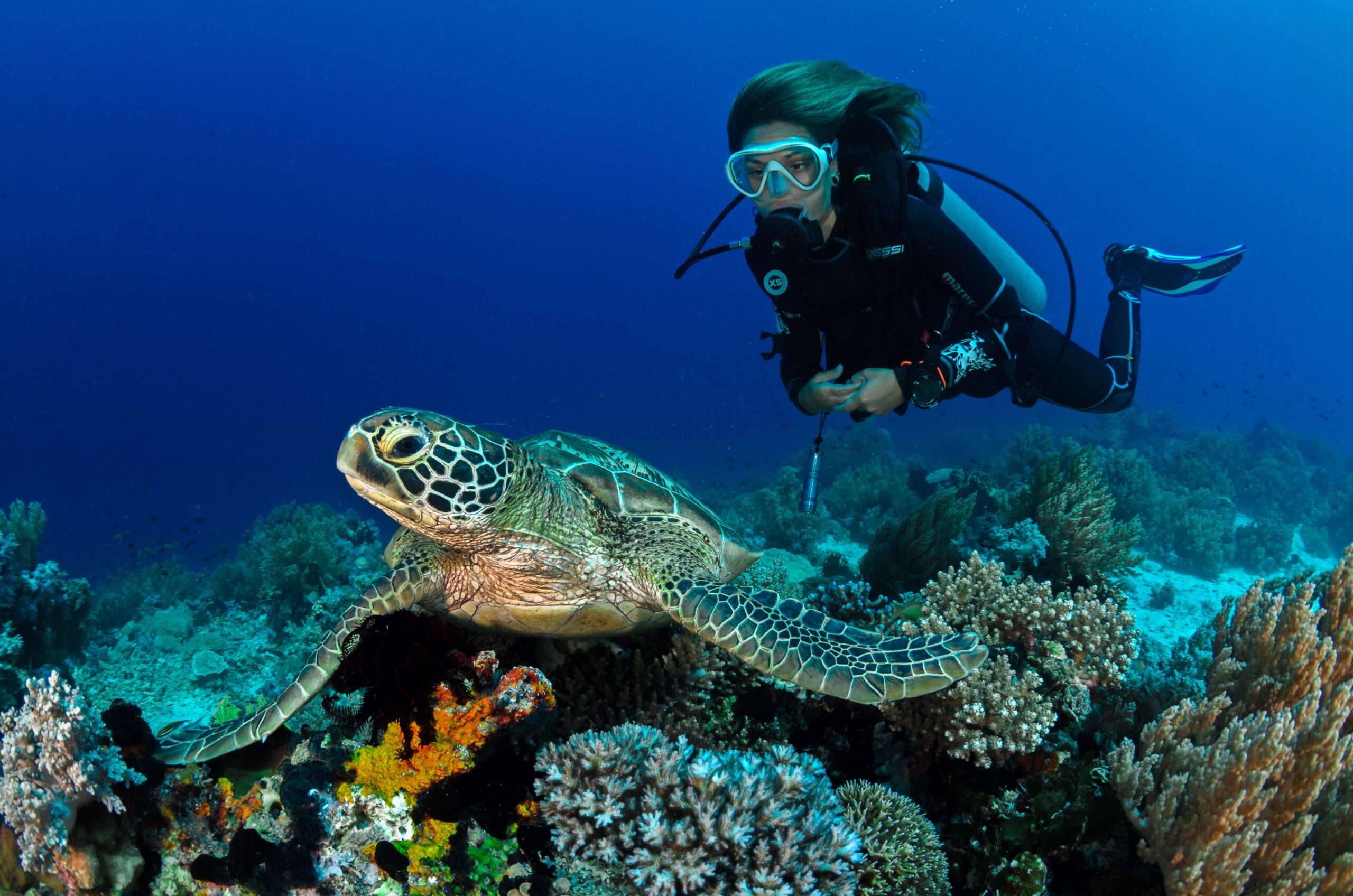The question of whether you can go scuba diving while pregnant is a complex one, fraught with potential risks and requiring careful consideration. Doctors generally advise against it, citing the potential dangers of decompression sickness and oxygen toxicity to the developing fetus. These risks, coupled with the physiological changes pregnancy brings to a woman’s body, make scuba diving while pregnant a potentially perilous activity. Understanding these factors is crucial before making any decisions about underwater adventures during this special time.
Understanding the Risks: Pregnancy and Underwater Pressure
Pregnancy brings about significant physiological changes. Blood volume increases, hormone levels fluctuate, and the respiratory system undergoes alterations. These changes can affect how a pregnant woman responds to the pressures and stresses of scuba diving. The fetus, being completely dependent on the mother for oxygen and nutrient supply, is especially vulnerable.
Decompression Sickness (DCS) and the Fetus
DCS, also known as “the bends,” occurs when nitrogen bubbles form in the bloodstream and tissues after a rapid ascent from depth. While the risks of DCS are well-documented for adult divers, the potential effects on a developing fetus are less clear but potentially devastating. The fetal circulatory system isn’t fully developed, making it less efficient at filtering out nitrogen bubbles, which could lead to birth defects or even fetal death. The ethical implications alone should give pause to anyone considering diving whilst pregnant.
Oxygen Toxicity
At depth, the partial pressure of oxygen increases. While this isn’t usually a problem for recreational divers following safe diving practices, excessive oxygen exposure can lead to oxygen toxicity, causing seizures and other serious complications. The fetus is again more vulnerable to these effects, potentially leading to neurological damage.
Alternative Activities During Pregnancy
While scuba diving may be off the table, there are plenty of other ways to enjoy the water during pregnancy. Consider these alternatives:
- Snorkeling: Enjoy the surface views without the added pressure.
- Swimming: A low-impact exercise that’s great for cardiovascular health.
- Paddleboarding: A gentle way to explore calm waters.
- Beach walks: Relax and enjoy the scenery.
Consult Your Doctor
The decision of whether or not to engage in any physical activity during pregnancy should always be made in consultation with your doctor. They can assess your individual health status and provide personalized recommendations. They can also give you the best insight into the inherent risks of scuba diving while pregnant. Your doctor will be able to help you navigate the many factors involved in ensuring a healthy and safe pregnancy.
Ultimately, the overwhelming consensus within the medical and diving communities strongly discourages scuba diving during pregnancy. The potential risks to the fetus, combined with the unpredictable physiological changes experienced by the mother, far outweigh any perceived benefits. Responsible diving practices prioritize safety, and during pregnancy, that safety extends to the most vulnerable individual involved: the unborn child.
A Comparative Look: Diving vs. Alternative Activities
To further illustrate the risk-benefit ratio, consider the following comparison:
| Activity | Risks | Benefits |
|---|---|---|
| Scuba Diving (Pregnant) | Decompression sickness (fetal), oxygen toxicity (fetal), potential for miscarriage or birth defects, increased physical stress. | None specifically related to pregnancy. |
| Swimming (Pregnant) | Low risk if appropriate precautions are taken (e.g., avoiding overexertion, staying hydrated). | Improved cardiovascular health, reduced back pain, stress relief, improved sleep. |
| Snorkeling (Pregnant) | Sunburn, potential for seasickness, minor cuts/scrapes. | Relaxation, enjoyment of marine life, gentle exercise. |
As the table clearly demonstrates, the alternative activities present significantly lower risks while still offering numerous benefits for the pregnant woman. It’s a matter of choosing activities that support a healthy pregnancy rather than potentially jeopardizing it.
The Long-Term Perspective: A Temporary Sacrifice
It’s important to remember that pregnancy is a relatively short period in a lifetime of diving opportunities. While it may be disappointing to temporarily suspend diving activities, the long-term rewards of a healthy baby far outweigh the temporary sacrifice. Focus on preparing for the arrival of your child, exploring alternative activities, and planning future diving adventures once your pregnancy is complete. The ocean will still be there, waiting to be explored, when the time is right.

